President Klaus Iohannis participated on Thursday and Friday in the meeting of the European Council in Brussels, context in which he presented the results of the Romanian Presidency at the EU Council and reconfirmed Romania's firm support for the Eastern Partnership.
"In the context of celebrating the 10th anniversary since the establishment of the Eastern Partnership, the European Council invited all the relevant European institution to assess the existing tools and measures, and to present an additional set of long-term policy objectives by early 2020, ahead of the next Summit of the Eastern Partnership. Romania's President reconfirmed our country's firm support for the Eastern Partnership and highlighted the strategic importance of the region," a Presidential Administration release shows.
The discussions of the European leaders in the European Council meeting focused on the appointments for the EU's top jobs for the next institutional cycle, the adoption of the EU Strategic Agenda for 2019-2024, the Union's Multiannual financial framework (MFF) post-2020, climate change, disinformation and hybrid threats, as well as the external relations of the Union. On the sidelines of the European Council meeting, the Euro Summit in an extended format was also held.
As the representative of the member state holding the Presidency of the EU Council, President Kalus Iohannis presented the significant results obtained by Romanian during the six months of mandate in areas such as: internal market, social dimension, digital single market, transport, energy, environment protection, the Union's internal security, the Banking Union and the Capital Markets Union.
President Iohannis also underscored the efforts of the Romanian Presidency at the EU Council to advance negotiations over the future Multiannual Budget post-2020, materialised in a revised negotiation document, according to the mandate granted by the European Council in December 2018. According to the Presidential Administration, this document reflects the main policy issues that will underpin the architecture of the future multiannual budget of the Union and represents a solid basis that will allow the future Finnish Presidency to continue the negotiations in view of obtaining an agreement in due time.
The Presidential Administration mentions that all these results obtained by Romania's Presidency at the EU Council were welcomed and commended by the other European leaders.
An important topic on the agenda was the continuation of talks for the leadership positions at the European institutions level. They will continue within a new meeting of the European Council on 30 June.
The European leaders adopted the EU Strategic Agenda for 2019-2024, a document that includes the priorities which will provide guidance to the EU activity in the next five years. President Klaus Iohannis expressed the support for this document, which reflects the common vision for the future of the Union, in the spirit of the Declaration adopted at the Sibiu Summit and underscored the importance of unity at the EU level in implementing the future Strategic Agenda. The new Strategic Agenda reflects important priorities from Romania's standpoint, such as: promoting a Europe of growth and convergence, strengthening the Single Market, strengthening the internal security of the European Union and ensuring an efficient external action.
In terms of the discussion regarding the post-2020 MFF, the heads of state and government welcomed the efforts put in by the Romanian Presidency at the EU Council and asked the Finnish Presidency to continue the activity and develop the negotiation framework. Based on this, the leaders decided to resume the topic at the European Council in October 2019.
Regarding climate change, the European leaders exchanged views ahead of the United Nations Secretary-General's Climate Action Summit on 23 September 2019. The heads of state and government invited the Council and the Commission to advance work regarding the transition to a climate-neutral EU, in line with the Paris Agreement, preserving the European competitiveness, observing member states' right to decide on own energy mix, as well as ensuring a socially fair and balanced process.
Most member states, including Romania, argued that the objective regarding the climate neutrality should be achieved by 2050. President Klaus Iohannis regretted that a consensus for ensuring a transition to a climate-neutral European Union by 2050 was not reached.
In line with the European Council meeting in March, Romania's Presidency at the EU Council presented a report on countering disinformation and ensuring fair and correct elections, in the context of the elections to the European Parliament. Based on this document prepared in cooperation with the European Commission and the High Representative, the European Council called for continued efforts to raise awareness, to prepare and strengthen resilience of the democratic systems against the challenges of disinformation campaign. On this occasion, the European Council underscored the necessity of a coordinated response for countering hybrid threats and cyber attacks, including by deepening the cooperation with the relevant international stakeholders. Moreover, the EU leaders welcomed the adoption of a framework for restrictive measure and the activity carried out in the context of diplomatic tools to prevent, counter and respond to cyber attacks.
In the external relation area, at President Klaus Iohannis's request, in the text of the European Council Conclusions, a paragraph regarding the Republic of Moldova has been introduced. The European leaders welcomed the peaceful transfer of power in Chisinau and agreed to strengthen the support for the Republic of Moldova based on some concrete measures.
Also adopted in terms of external relations were the conclusions regarding Ukraine, the downing of flight MH17, the importance of the strategic partnership with Africa, the renewed impetus in EU-Marocco relations, Lybia.
Within the Euro Summit in an extended format, the European leaders continued the talks on deepening the Economic and Monetary Union (EMU), through a series of measures such as: creating a budgetary instrument for convergence and competitiveness (BICC) for the eurozone and, voluntary, for the states within the Exchange Rate Mechanism II (ERM), revising the treaty establishing the European Stability Mechanism (ESM), strengthening the Banking Union. The European leaders adopted a Statement in a EU 27 format, without the UK, which recognises the progresses recorded by Eurogroup for deepening the Economic and Monetary Union (EMU).
At the end of the meeting, the leaders of the member states also tackled the latest developments in the UK's withdrawal process from the EU. The Presidents of the European Commission and the European Council briefly made updates over the state of play regarding Brexit.

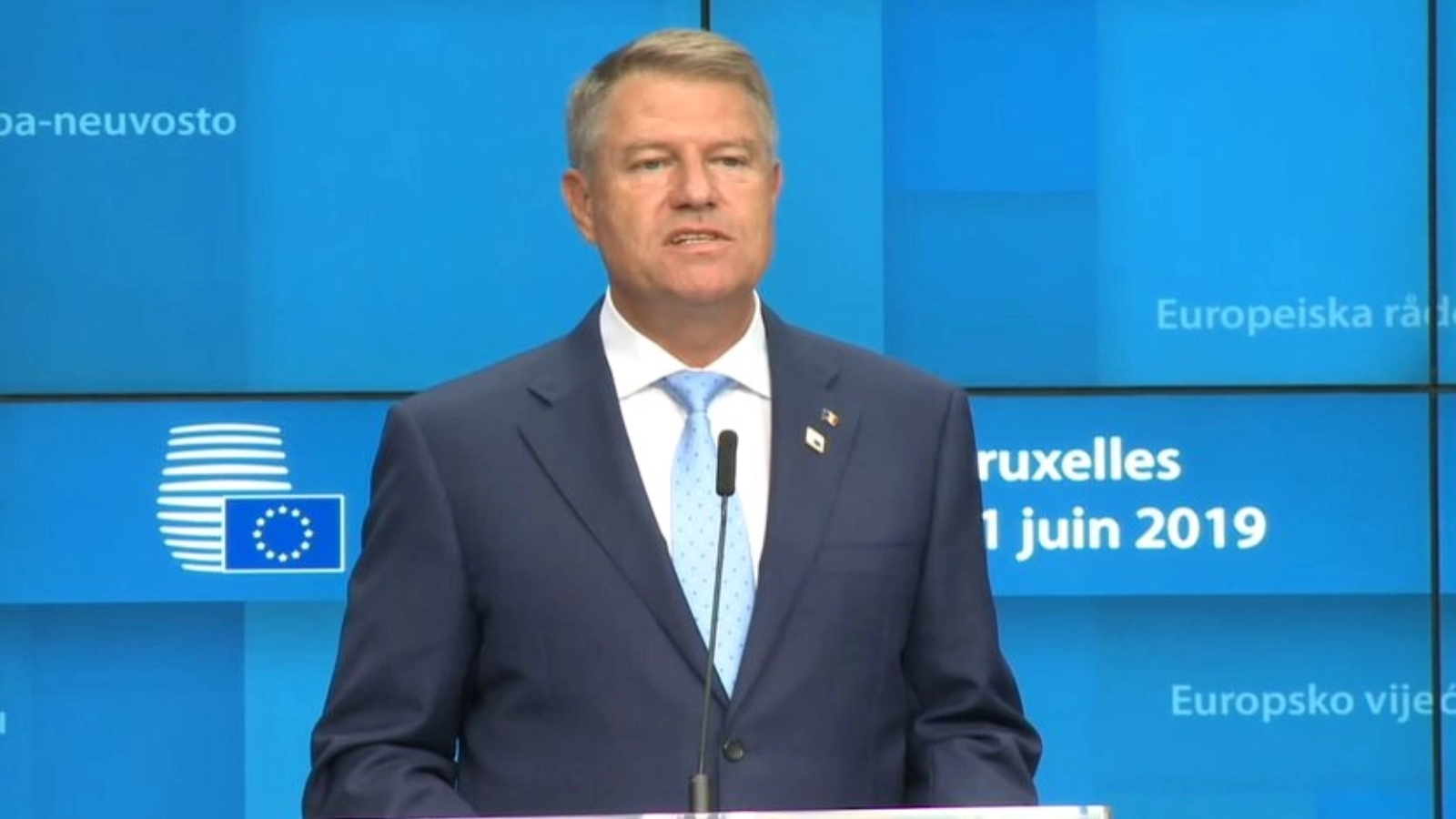
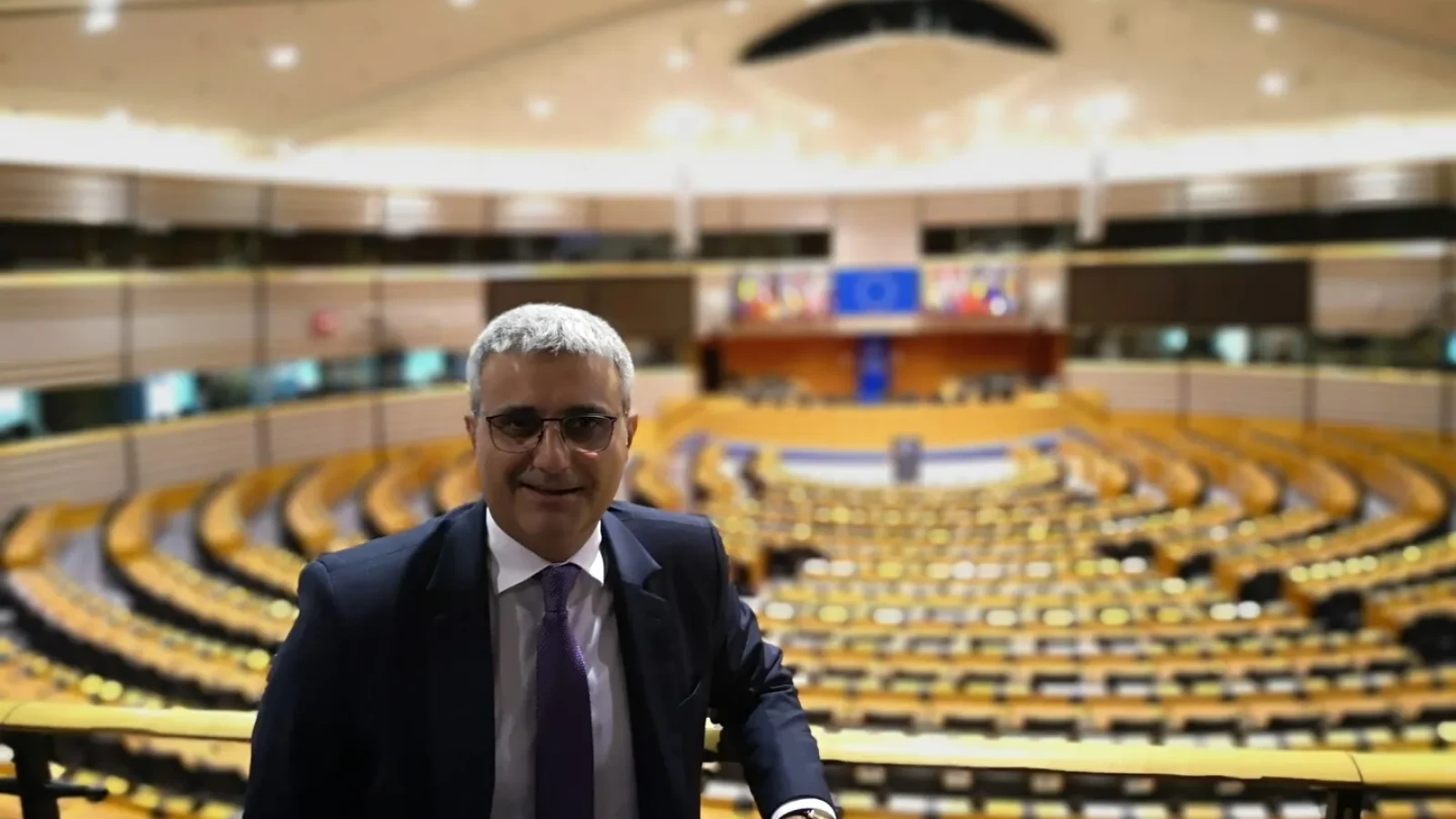
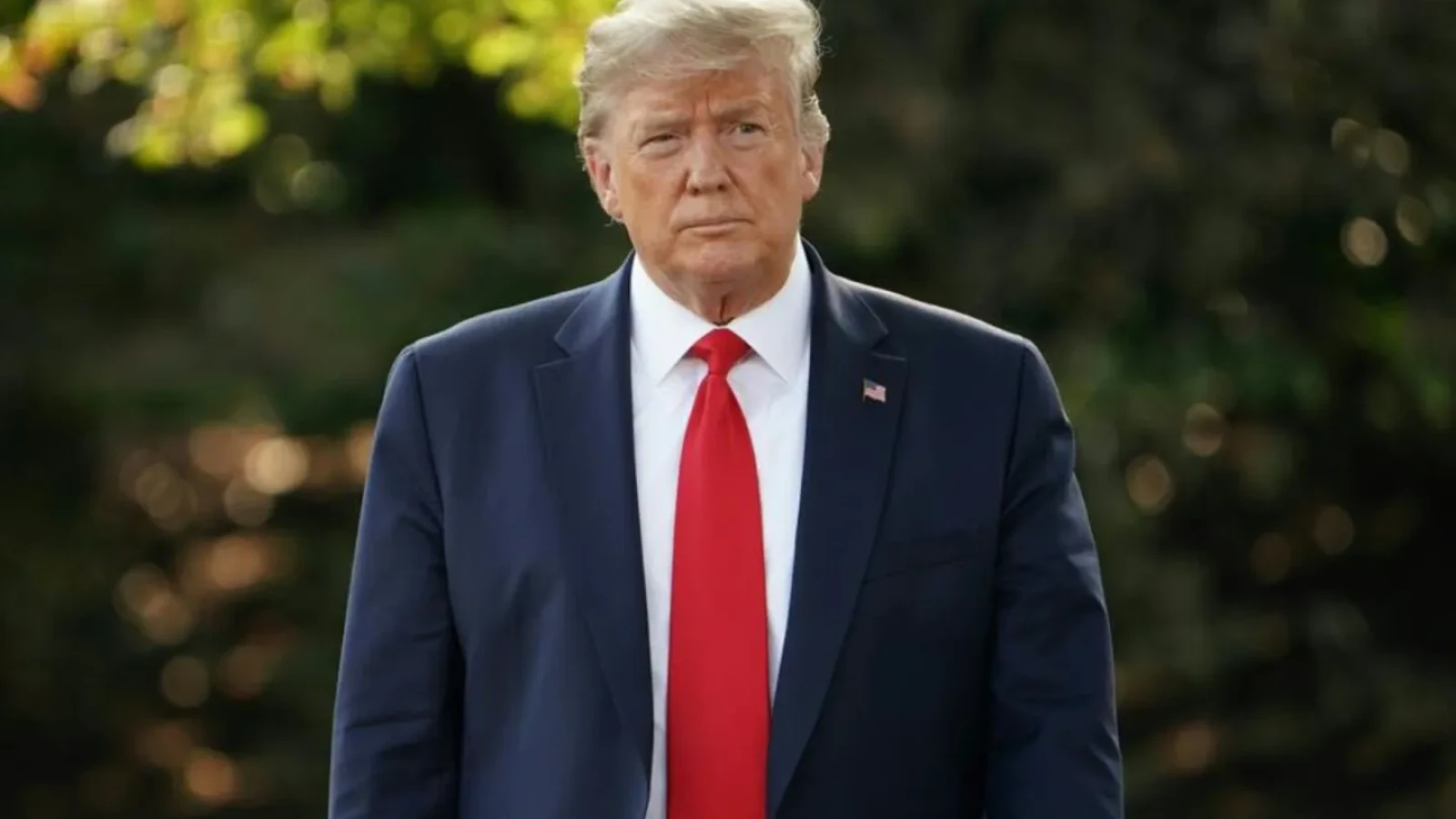
















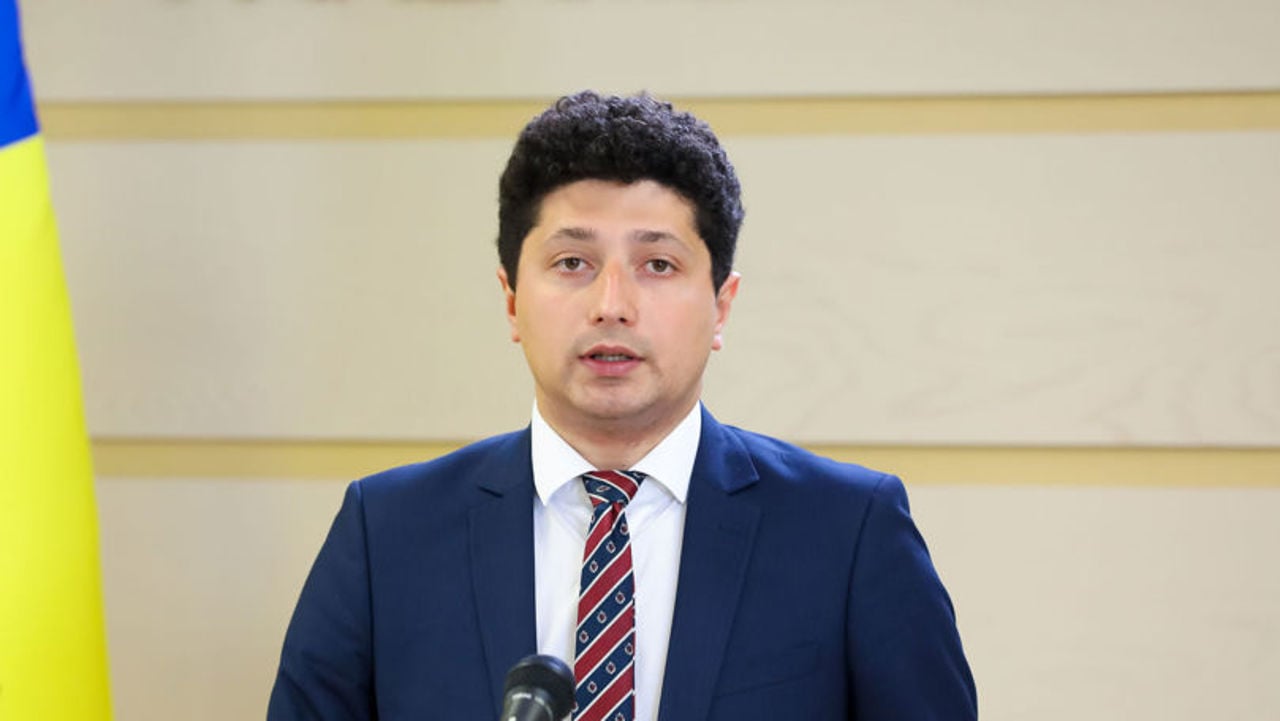

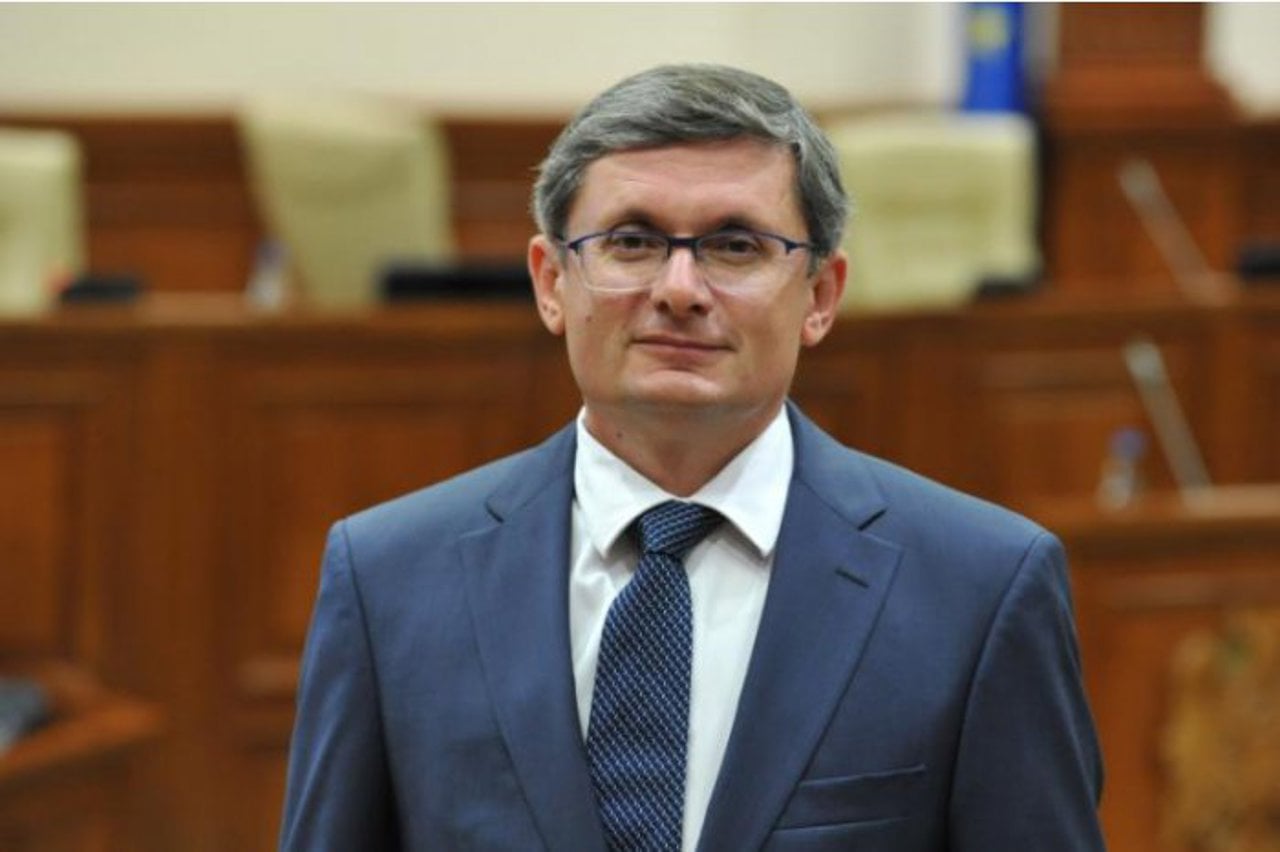









Comentează